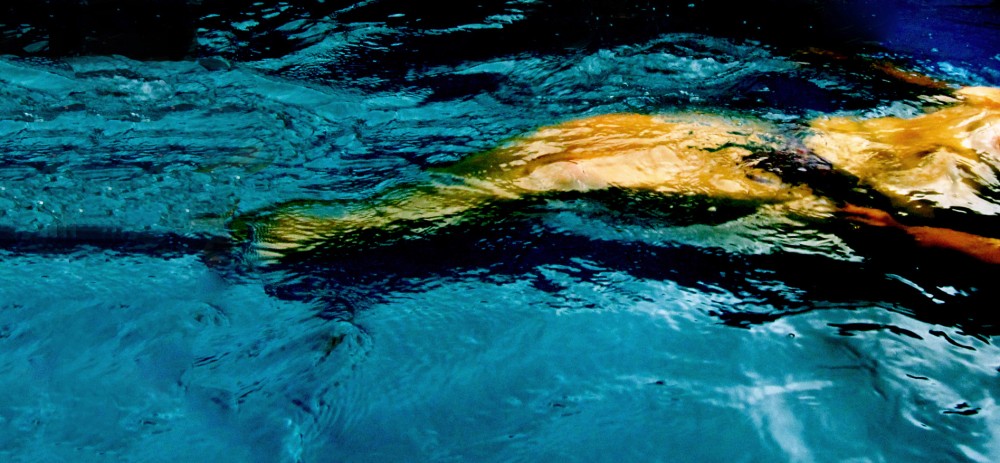“I really love that new CD you gave me,” I said and paused (knowing that what was about to come out of my mouth would cause a reaction from Chris), “you know, the ‘A’ for Ag-netha one.”
“I’m so glad you like Ang-netta,” my husband made a big point of stressing the correct way to say that difficult to pronounce Swedish name.
“I can’t see it as anything but another form of Agatha, with an ‘n’ in it – Ag-netha! But I grant you that it sounds a lot better when you say it,” I laughed.
“You’re just like my grandmother…” Chris began,
We were having a cup of tea in bed at the time and I put my cup down on the bedside cabinet lest I should spill my tea over the sheets. You see, I rather anticipated the humourous gist of the conversation to follow.
Which one?” I teased, “Your father’s mother or the farming wife of the sea-captain?”
“My maternal grandmother, as well you know.”
“Tell me the story again, I can’t remember.”
“Well, my grandmother, like other Victorians, was of the view that if a foreign word was hard to pronounce you call it by its closest English equivalent.”
“Like Peking?” I interjected.
“Exactly, I mean, Peking is so similar to Beijing – isn’t it?”
“And Leghorn. Where is Leghorn again?” I asked.
“Why, of course, it’s Livorno near Pisa. Isn’t it obvious?”
“And your granny called it Leghorn?”
“Naturally, what else? When she was in her eighties, my grandmother did the Grand Tour of Europe – she was a game old bird. Anyway, when she returned she was full of Italy. In particular, she loved the lakes, her favourite of which, as she told Jerry and me, was Lake Maguire, that famous Italian Lake with the Scottish name.”
“And what is it really called?” I asked.
“Lago Maggiore!” Chris said in his best Italian accent.
At breakfast, a short while later, Chris got up from the table and came back with two letters, still in their original envelope. He gave it to me.
“It’s funny,” said Chris, “but I came across this in my ‘Man-drawer’ just the other day.”
His Uncle Philip had written a covering letter to his sister (Chris’s mum), enclosing a letter written by their aged, and nearly blind, mother in nineteen sixty nine. There was an old photograph also – of Chris’s grandparents and his mother at the age of about fourteen.
“They are all gone now,” said Chris, not to inform me but to register the sadness.
“You are just like your granddad,” I observed.





